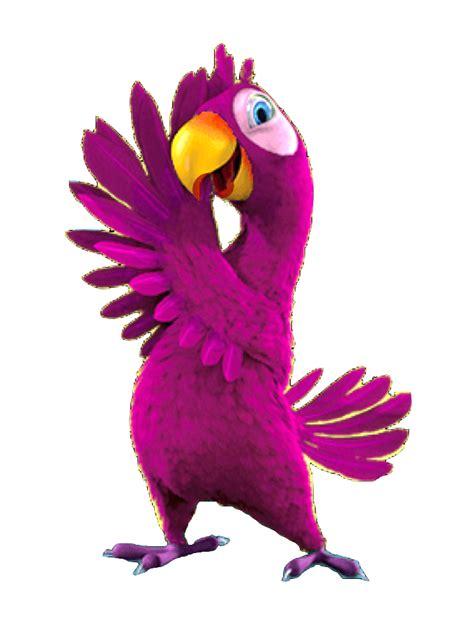Executive Summary
Parrots are highly intelligent and social creatures that have been kept as companion animals for centuries. However, traditional parrot care practices often fail to meet their complex physical and emotional needs, leading to health and behavioral problems. This article presents a vision for a parrot-friendly culture in 2025, where parrots are treated with respect and compassion, and their well-being is prioritized.

Current Challenges in Parrot Care
Despite growing awareness of parrot welfare, many challenges remain:
- Limited Access to Veterinary Care: Parrots often receive inadequate veterinary care due to the lack of avian veterinarians and the high cost of specialized treatment.
- Inappropriate Caging: Parrots are often kept in cages that are too small or lack proper enrichment, leading to boredom and stress.
- Dietary Deficiencies: Parrot diets are often deficient in essential nutrients, leading to health problems such as feather plucking and obesity.
- Social Isolation: Parrots are social animals that require regular interaction with humans or other parrots to thrive.
A Parrot-Friendly 2025
To address these challenges, we envision a 2025 where:
- All parrots have access to quality veterinary care: Government funding and training programs will ensure that avian veterinarians are available in all regions.
- Parrots are housed in spacious and enriched cages: Minimum cage size requirements will be established, and manufacturers will offer a wide range of enrichment devices.
- Parrots receive species-appropriate diets: Nutrient-rich pellets and fresh fruits and vegetables will be readily available, and owners will be educated on proper feeding practices.
- Parrots enjoy regular social interaction: Families and communities will be encouraged to provide companionship for their parrots, and parrot-friendly social spaces will be created in parks and other public areas.
Strategies for a Parrot-Friendly Future
Achieving a parrot-friendly 2025 requires a multi-pronged approach:
Education: Public awareness campaigns will educate people about parrot care and promote responsible ownership.
Legislation: Governments will implement laws to protect parrots and ensure their welfare.
Industry Standards: Pet stores and parrot breeders will adopt high standards for parrot care and promote ethical practices.
Research: Continued research will improve our understanding of parrot behavior and physiology, leading to better care practices.
Benefits of a Parrot-Friendly Culture
A parrot-friendly culture will benefit not only parrots but also their owners and society as a whole:
Improved Parrot Well-being: Parrots will live longer, healthier, and happier lives.
Stronger Human-Parrot Bonds: Owners will enjoy closer and more fulfilling relationships with their parrots.
Reduced Animal Shelter Intake: Fewer parrots will be surrendered to shelters due to behavioral problems or inadequate care.
Educational Value: Parrots can be valuable educational ambassadors, teaching children about conservation and responsible pet ownership.
Highlights of Success
Several initiatives are already paving the way for a parrot-friendly future:
- The Parrot Welfare Foundation: This organization provides grants for veterinary care, research, and education to improve parrot well-being.
- The Association of Avian Veterinarians: This professional organization promotes excellence in avian veterinary medicine and provides resources for parrot owners.
- The Bird Protection Network: This organization advocates for the protection of captive and wild parrots through legislation and public awareness campaigns.
Case Comparison: The United Kingdom vs. the United States
The United Kingdom has made significant progress in promoting parrot welfare compared to the United States:
| Country | Veterinary Care Access | Cage Size Regulations | Nutritional Guidelines | Social Enrichment |
|---|---|---|---|---|
| United Kingdom | High | Minimum cage size requirements | Widely available | Encouraged by veterinarians and parrot organizations |
| United States | Low | No minimum cage size requirements | Limited availability | Not widely promoted |
Lessons Learned: The United Kingdom’s success highlights the importance of government regulations, public education, and industry cooperation in creating a parrot-friendly environment.
Conclusion
A parrot-friendly 2025 is a goal worth striving for. By working together, we can create a culture where parrots are treated with the respect and compassion they deserve, and where they can flourish as happy and healthy companions.





















